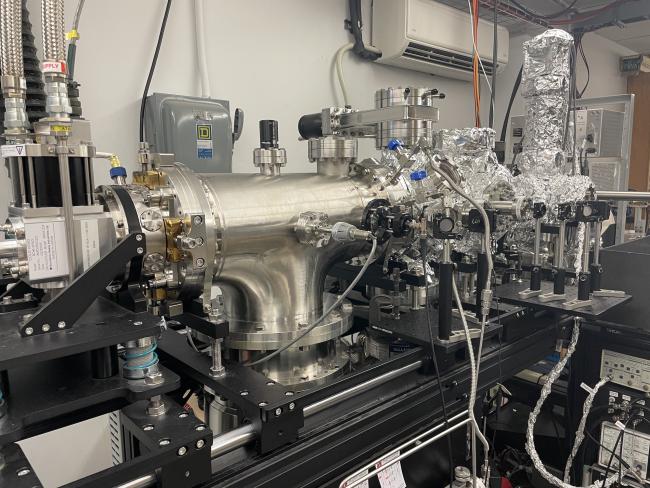Unlocking the Potential of Superfluid Hydrogen for Clean Energy Innovation
Key Ideas
- Researchers at the University of British Columbia have discovered superfluidity in hydrogen nano-clusters at ultra-low temperatures, offering insights for clean energy solutions.
- Observations of hydrogen behaving as a superfluid could revolutionize hydrogen storage and transport technologies, enabling more efficient utilization in fuel cells.
- The study involved confining hydrogen molecules inside helium nanodroplets to maintain liquid form at incredibly low temperatures, showcasing hydrogen's superfluid behavior.
- The findings not only deepen the understanding of quantum fluids but also pave the way for advancements in frictionless clean energy applications using hydrogen.
A recent study led by researchers at the University of British Columbia has unveiled the phenomenon of superfluidity in hydrogen nano-clusters at extremely low temperatures. This breakthrough, published in Science Advances, sheds light on a quantum state of frictionless flow previously seen only in helium. The research team, including scientists from RIKEN and Kanazawa University in Japan, successfully demonstrated superfluid behavior in hydrogen by confining small clusters of hydrogen molecules inside helium nanodroplets at temperatures as low as -272.25°C.
The discovery marks a significant advancement in the field of quantum fluids, with potential implications for enhancing hydrogen storage and transport for clean energy applications. By embedding a spinning methane molecule within the hydrogen cluster, researchers were able to identify the superfluidity of hydrogen based on the molecule's resistance-free rotation. The team's experimental results were corroborated by theoretical analysis, underscoring the validity of the findings.
Efforts to leverage the superfluid properties of hydrogen could lead to innovative solutions for the challenges associated with hydrogen production, storage, and transportation. With hydrogen being a key component in fuel cells that produce only water as a byproduct, the discovery of its superfluid nature opens doors for more efficient utilization of hydrogen in various energy technologies. This research not only expands our understanding of quantum phenomena but also offers a promising pathway towards realizing frictionless clean energy solutions powered by hydrogen.
